Papua New Guinea backs an Albanese government push to embed Pacific island troops in Australian Defence Force
Papua New Guinea is backing an Albanese government push to embed Pacific island troops in the Australian Defence Force.
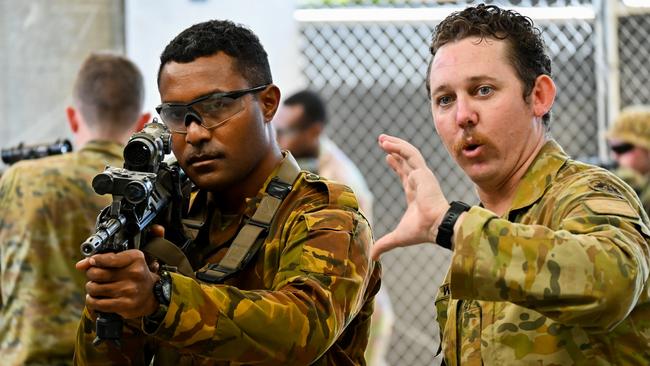
Papua New Guinea is backing an Albanese government push to embed Pacific island troops in the Australian Defence Force, opening the way for a new era of regional military co-operation to counter rising strategic threats.
PNG Foreign Minister Justin Tkatchenko threw his support behind the plan as his country prepared to host Anthony Albanese, Joe Biden and Indian Prime Minister Narendra Modi this month for a meeting of Pacific island leaders.
The US President will use the May 22 meeting in Port Moresby – two days before the Quad leaders’ summit in Sydney – to stamp his authority on America’s renewed commitment to the region, as his administration pushes back against rising Chinese influence.
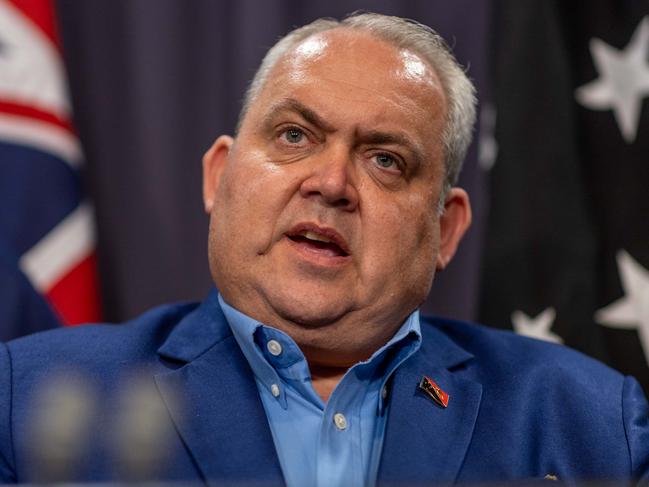
Defence Minister Richard Marles is determined to achieve unprecedented co-operation with Pacific islands’ security forces as he works to transform the ADF into a more lethal, more agile force that can project power deep into the region.
Mr Tkatchenko said hundreds of PNG Defence Force personnel could rotate through the ADF for extended periods “to train and to build up the professionalism of our forces”. “I think it’s a great idea to have our soldiers participate and get experience and knowledge by being part of the Australian Defence Force and working together as one,” he said.
The plan has been put to Pacific nations as a way to strengthen training and provide a “family first” response to regional security and disaster-relief missions.
PNG’s endorsement of the proposal comes as the Albanese government sets aside $400m for retention bonuses to help expand the nation’s military by 18,500 personnel over the next two decades.
Permanent ADF members will be able to receive a $50,000 bonus near the completion of their initial period of service if they commit to serve for another three years.
The government hopes 3400 personnel will take up the bonus within the first three years of the scheme. A $2m review of defence housing will also be undertaken in an effort to bolster home ownership for ADF members.
The government identified recruitment and retention as a top priority in its response to last week’s defence strategic review, but faces an uphill battle amid tight employment conditions.
“Without creative and flexible responses, the workforce situation in Defence will continue to deteriorate,” the review warned.
Australia is also bolstering ties in Southeast Asia, with Singapore’s Defence Minister Ng Eng Hen revealing on Monday that navy’s future nuclear submarines will be welcome to visit his country’s ports.
After a meeting between the nations’ defence, foreign and trade ministers in Canberra, Dr Ng Eng Hen said the submarines would add to “regional security in ASEAN and beyond”, and flagged more joint military exercises between the countries.
Mr Biden’s decision to visit PNG for talks with Pacific leaders on the way to Australia from the G7 in Japan follows his agreement late last year with 14 island leaders to strengthen security, climate change and economic co-operation. The move came amid alarm in Washington and Canberra over China’s security agreement with Solomon Islands.
The Australian last year revealed Mr Marles had offered unprecedented defence support to Pacific island countries, including the potential to integrate their military forces with Australia’s to undertake regional security and natural disaster response missions. The plan is not yet ready to be included in a new Australia-PNG defence treaty due to be finalised next month, but Mr Tkatchenko said PNG was keen to pursue the option.
“I think it is a good positive step forward,” he said. “People-to-people relationships and working together in one region I think are very important.”
Australian Strategic Policy Institute senior fellow Anthony Bergin said the ADF could benefit greatly from embedded Pacific personnel as it focused more closely on operating in the island chains to the nation’s north. “The islanders will bring a cultural awareness that will be really valuable on deployments,” he said.
Mr Bergin said, in the longer term, Australia should seek to recruit Pacific personnel directly into the ADF by offering a pathway to citizenship.
Opposition defence spokesman Andrew Hastie said Australia’s Five Eyes partners – the US, Britain, New Zealand and Canada – already provided a “natural recruiting pool” for the ADF, and the nation should have a wider discussion on greater Pacific islander participation in Australia’s military. He said that with migration numbers set to surge by 700,000 over the next 12 months, “wouldn't it be good if some of them actually joined up and served our country in the process?”
PNG, Fiji and Tonga are the only three Pacific Island nations with military forces, with PNG’s the largest. Fijians already serve in the British Army, like Nepal’s Gurkhas, in an arrangement dating back generations.
Pacific military officers regularly receive training in Australia while the lower ranks receive training support from the ADF in their own countries through ongoing partnership programs. But regional military personnel have not previously been embedded in the ADF in large numbers.
It is understood PNG and other Pacific nation forces could be invited to Australia’s jungle warfare training school at Tully in Queensland under the closer engagement plan, and be offered the opportunity to deploy with the Australian Defence Force on regional exercises and support missions. The plan follows Labor’s election promise to establish an Australia-Pacific Defence School to provide training programs for regional security forces.


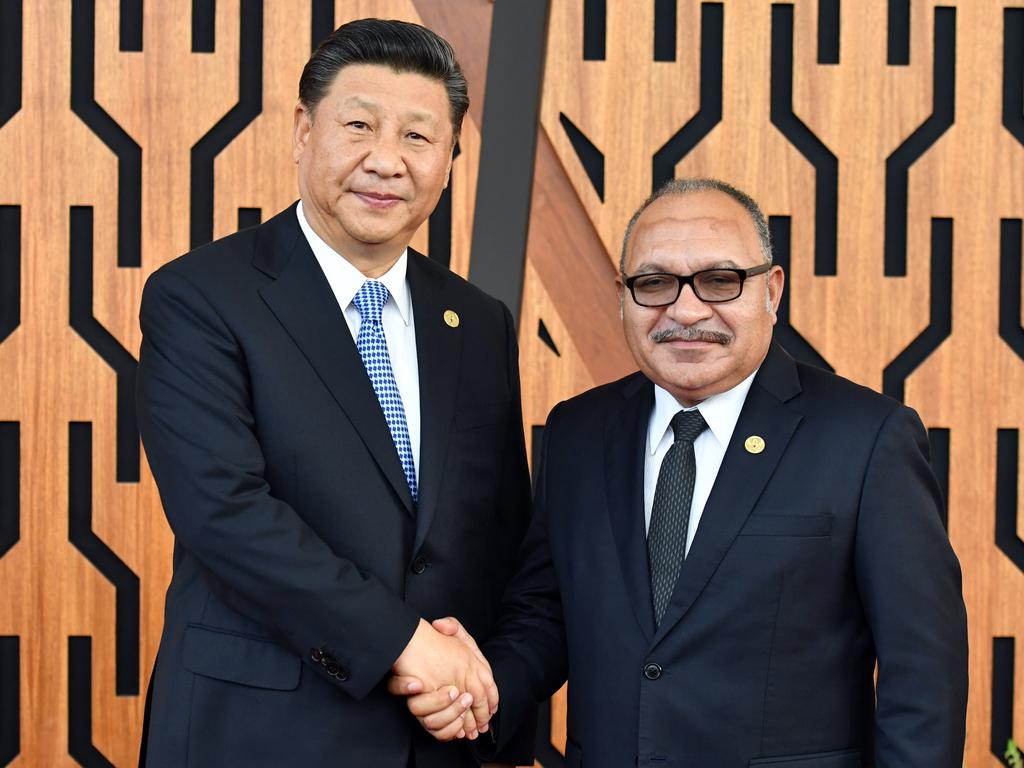
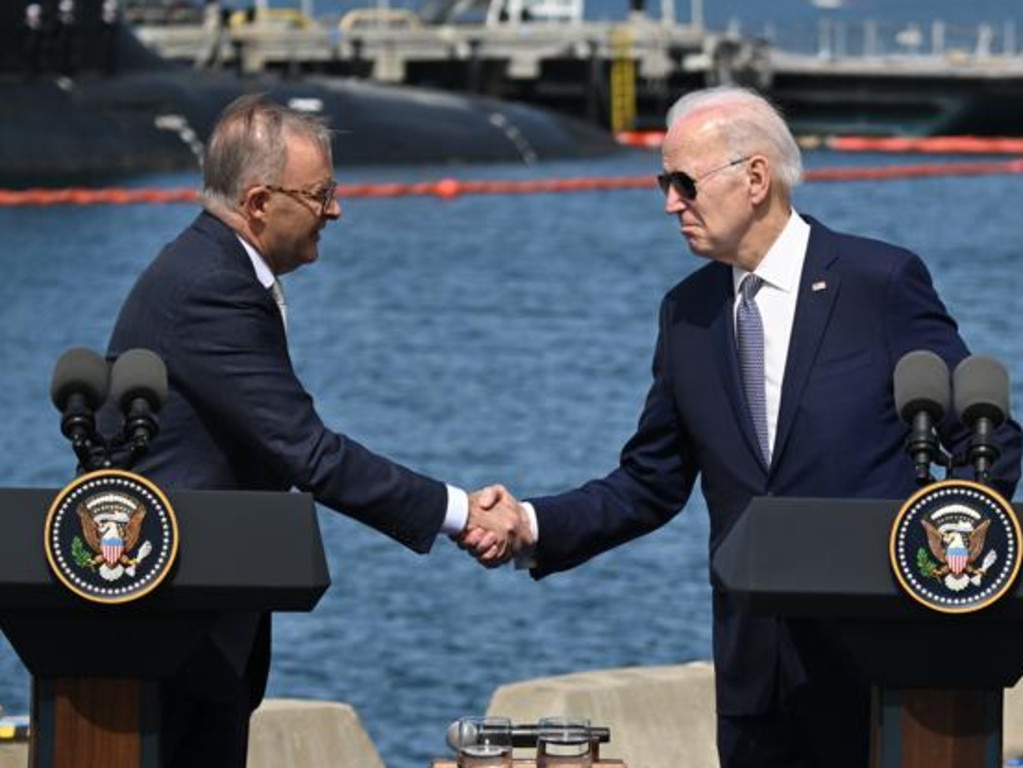
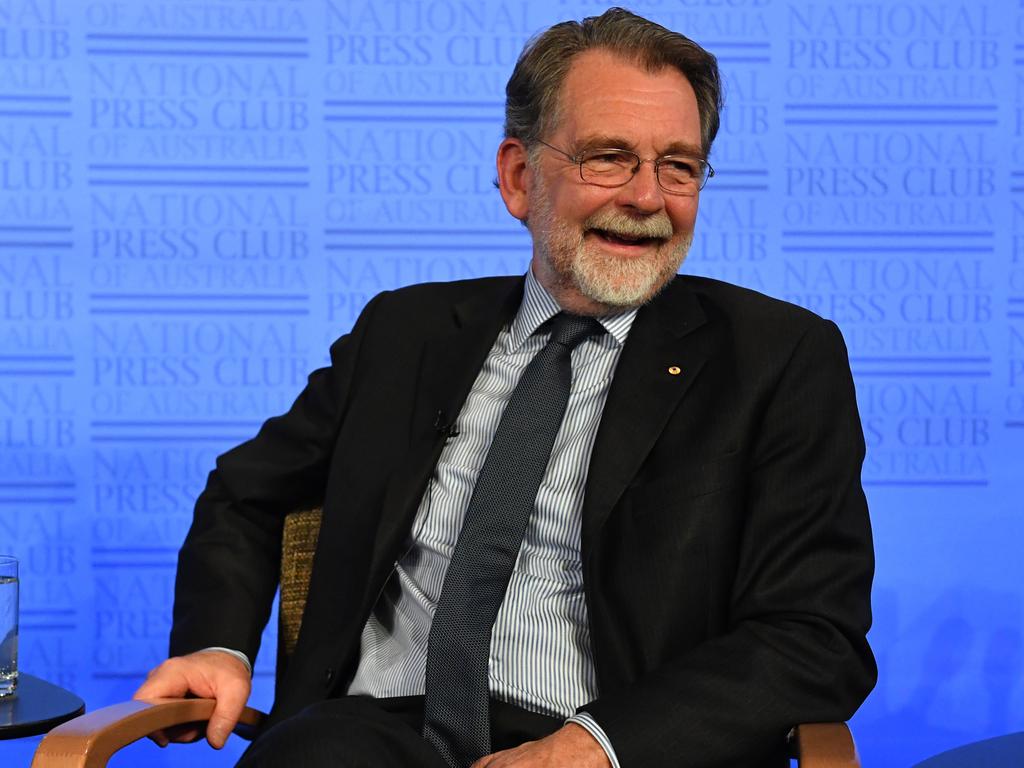



To join the conversation, please log in. Don't have an account? Register
Join the conversation, you are commenting as Logout